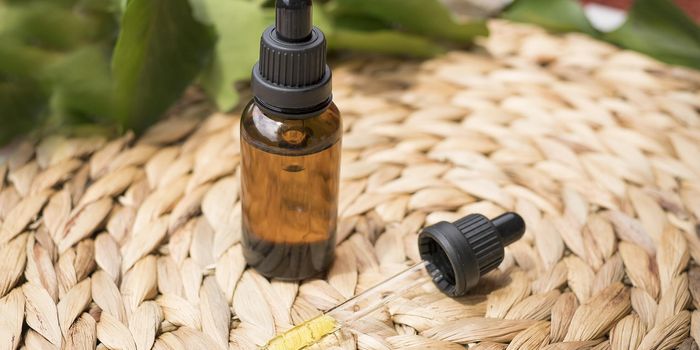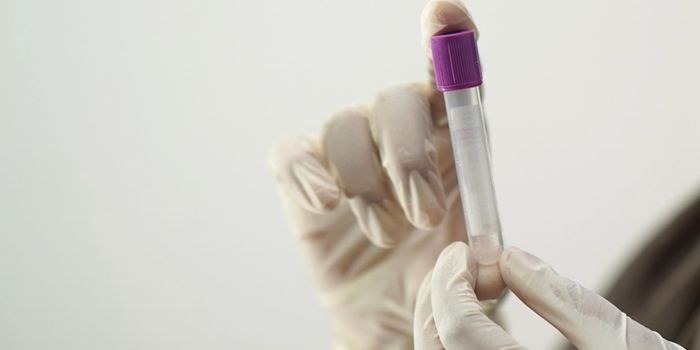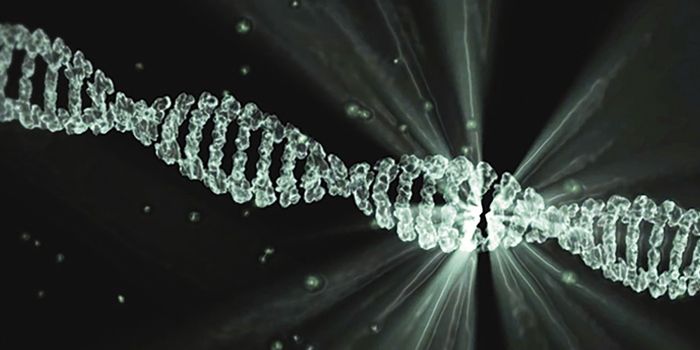Some Biofilms Seem to Activate Cancer Genes
New research assessed bacterial and fungal biofilms, tenacious microbial communities that are tougher than small groups or individual microbes. Biofilms take on new characteristics; they can act in a coordinated fashion and seem to favor certain biochemical pathways that may stimulate the growth of some types of cancerous tumor cells in the head and neck. The metabolism of a biofilm may also promote resistance to cancer treatments. Chemicals that are secreted by biofilms, a group of metabolites called the secretome, apparently affect the expression of genes involved in the cell cycle and cancer development. These findings have been reported in Frontiers in Cellular and Infection Microbiology.
“Molecules secreted by these microorganisms in biofilms may modulate host cell activities even far away from the primary infection site," commented study co-leader Paula Aboud Barbugli, a professor at São Paulo State University’s Araraquara Dental School (FOAr-UNESP).
This work focused on two complex signaling pathways, one involving RAS/RAF/MEK/ERK, and another involving PI3K/AKT/mTOR, which are sometimes related to the growth and survival of tumor cells. In cancerous cells, these pathways have frequently been found to be altered compared to healthy cells.
This research focused on the most common type of mouth cancer, and analyzed squamous carcinoma cells from the head, neck, and oral cavity. The scientists exposed these cells to metabolites from Candida albicans fungi and Staphylococcus aureus bacteria. It's estimated that about 30 to 40 percent of people that use dentures carry these biofilms.
While the bacterial community that resides in the mouth, the oral microbiome, is known to play a role in cancer development, the mechanisms underlying that connection are not well understood. C. albicans and S. aureus biofilm metabolites can disrupt gene expression in healthy cells, impairing their viability and disrupting the cell cycle. The cell cycle must be kept under tight control, because uncontrolled cell division is the hallmark of cancer.
There are many more microbes that are thought to be part of the human oral microbiome; there may be 700 members of that group or more, and it includes bacteria, protozoa, viruses, and fungi or yeast. When groups of these microbes form biofilms, they can exert a powerful effect.
“Control of biofilms, including denture and oral cavity hygiene, is extremely important to minimize inflammatory processes, as shown by our prior research and the study just published, which points to interference with the expression of genes associated with tumor progression,” said principal study investigator Carlos Eduardo Vergani.
Sources: AAAS/Eurekalert! via Fundação de Amparo à Pesquisa do Estado de São Paulo, Frontiers in Cellular and Microbiology









